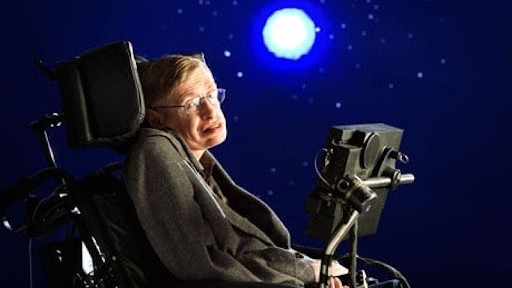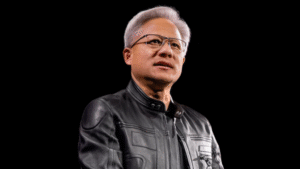London — In January 2025, the LIGO observatories once again captured the cosmic tremors of two black holes colliding in the distant universe. While such detections are no longer rare, this event carried extraordinary significance. The upgraded sensitivity of the instruments allowed physicists to test one of the most elegant predictions of Stephen Hawking: that the surface area of black holes can only increase when they merge. The data confirmed this principle, offering one of the most direct validations yet of Hawking’s theoretical insights and of Einstein’s general relativity.
Alberto Vecchio of Birmingham University described the result as a triumph of both mathematics and observation, noting that the simplicity of black hole equations had once again proven accurate in the most extreme conditions imaginable. For the scientific community, the finding is not just a technical achievement but a profound reminder that the universe continues to behave in ways predicted decades ago by some of its greatest thinkers.
The episode also highlighted the ambitions of space exploration agencies. The European Space Agency is preparing a mission to intercept a comet that has never before approached the Sun, a challenge that requires parking a spacecraft in orbit and waiting for a suitable target. With the upcoming Vera Rubin Telescope expected to catalog countless new celestial objects, scientists are optimistic that such a mission could soon become reality.
Meanwhile, NASA’s Juno spacecraft continues to orbit Jupiter, delivering valuable data long after its original mission timeline. Yet funding uncertainties threaten to cut short its contributions, raising concerns that vital science could be lost even as the spacecraft remains operational.
Together, these developments illustrate the dual nature of modern science: the thrill of confirming long-standing theories and the constant struggle to secure resources for future discovery. Hawking’s prediction, now affirmed by direct observation, stands as a testament to the enduring power of human curiosity and the relentless pursuit of knowledge about the cosmos.









